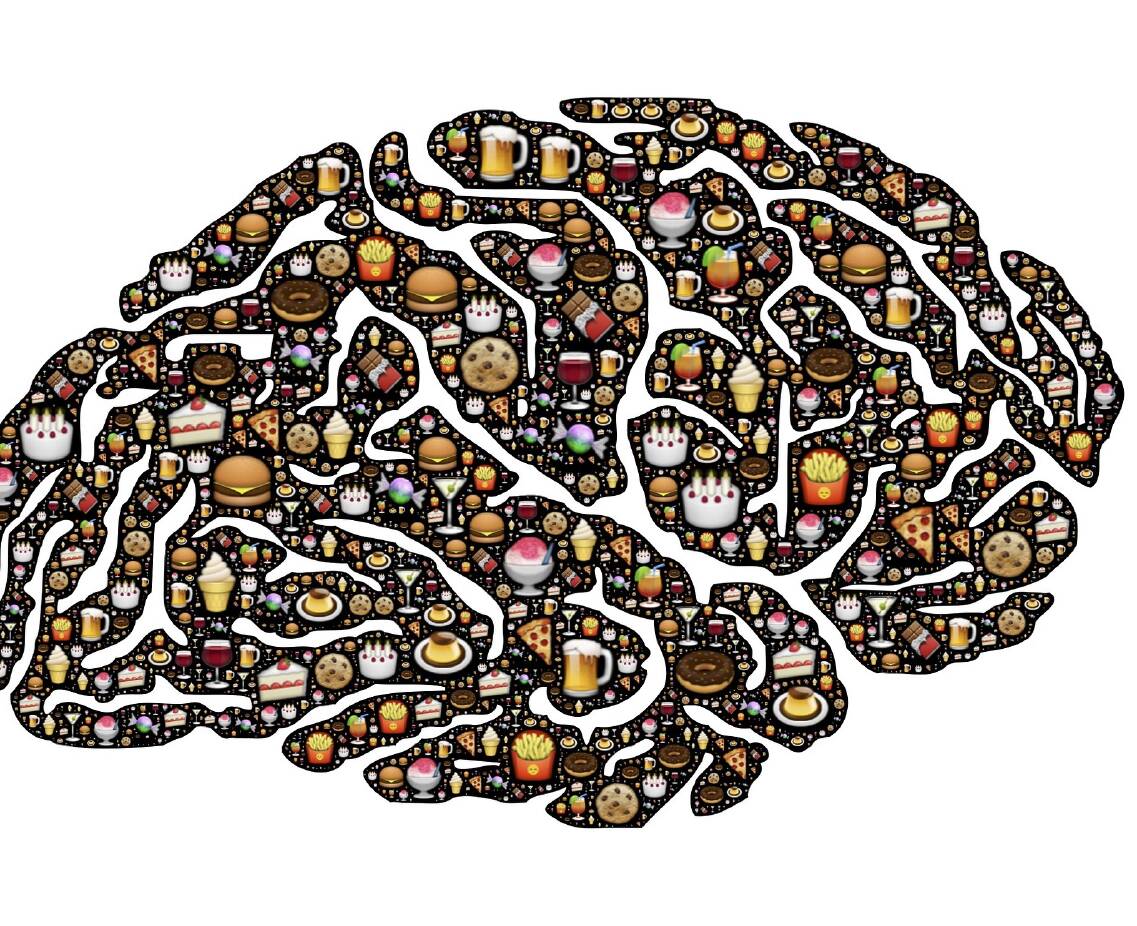
University of Newcastle researchers will go inside the brains of people for a study on addictive overeating.
Participants will be shown images of food, while an MRI machine measures how their brains respond. The scans will take highly detailed pictures of brain structure and determine which areas are activated or not.
"This is an important study to help us better understand addictive eating behaviours and determine whether blood biomarkers and brain responses to food could be contributing to addictive-like eating behaviours," Professor Tracy Burrows said.
The study will compare people with and without symptoms of food addiction.
"We need about 20 people for each group," Tracy said.
Research shows that food addiction affects about 20 per cent of the population.
The researchers want to know how these people may be different from a biological perspective.
"For example, are their brains wired differently in reward centres or areas of cognitive or executive function? Are there certain things in the blood, such as hormonal profiles, that might influence or be able to characterise individuals?" she said.
The blood biomarkers could help verify whether food addiction is a condition and if there are differing degrees of severity.
Biomarkers could also help determine the effects of addictive eating on people's health and how they respond to interventions.
The study is seeking people aged 18 to 45 who live in the Hunter Region. They will be asked to complete online surveys and have two MRI scans and a blood test about three months apart at the Hunter Medical Research Institute.
You will be ineligible to participate if you have a health condition requiring a specialised diet such as coeliac disease, food allergies or intolerances - such as lactose, dairy, egg and nut - or if you follow a vegetarian diet that will affect your ability to view food images such as meat and dairy foods.
For more information, visit redcap.link/TRACE_biomarkers.
Piano Removal

Spotting a piano removal truck in Newcastle struck a chord with a Topics spy.
"I imagine businesses selling pianos would be doing it tough. The age of piano as household status symbol in the name of the family singalong has perhaps passed us by," our spy said.
Topics had heard there was a piano shortage during the pandemic.
Jason, of Dragon Piano Removal, said the shortage was nationwide. But he said "there's plenty of pianos being moved from shops, houses, music schools, ordinary schools, theatres and churches".
"People who are studying to play pianos have them in their houses. They are a lot more common than people realise. I've been doing this for a long time."
Jason said moving pianos was different to moving furniture: "Moving furniture is all cardio. Moving pianos is like powerlifting."







